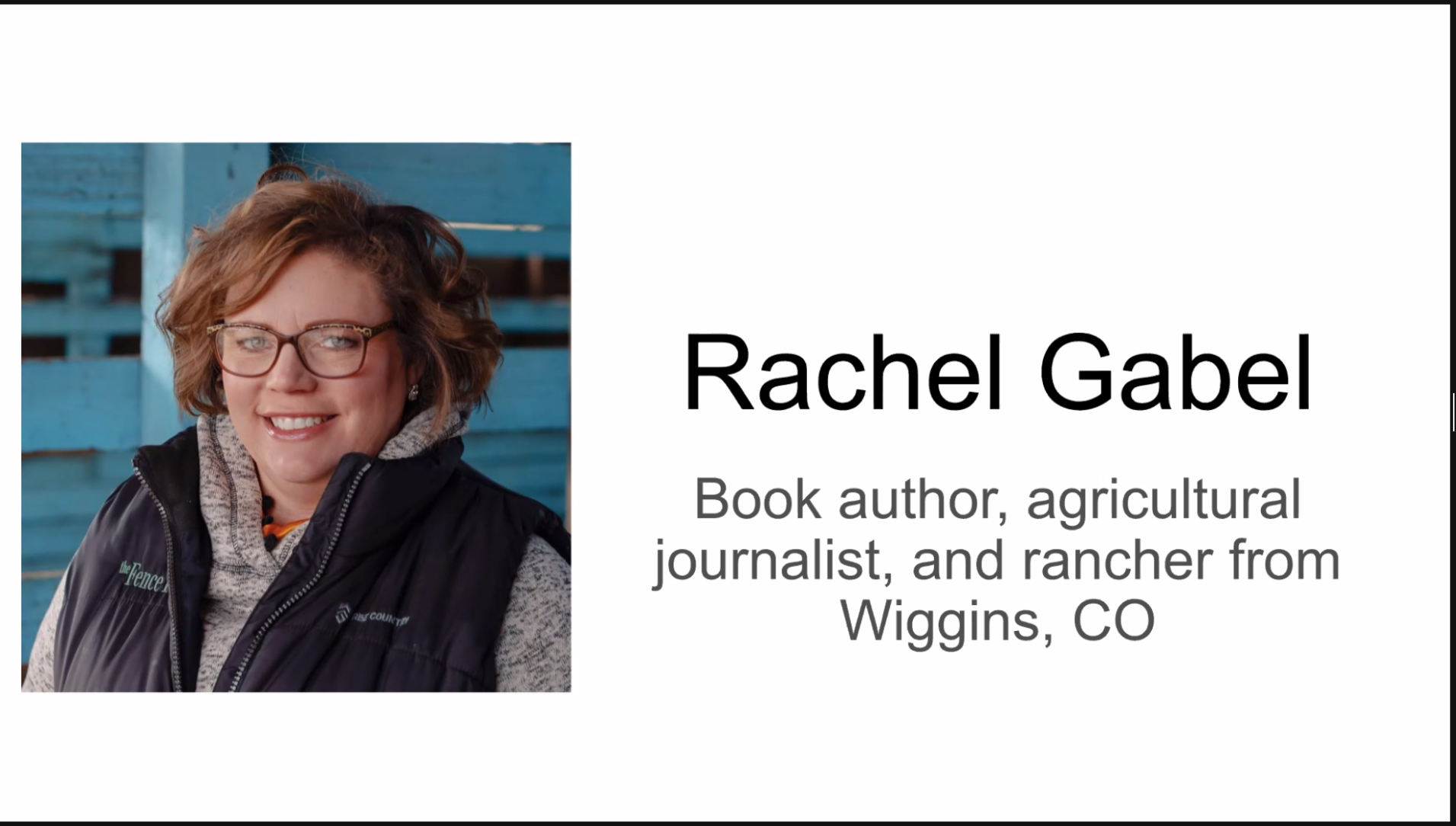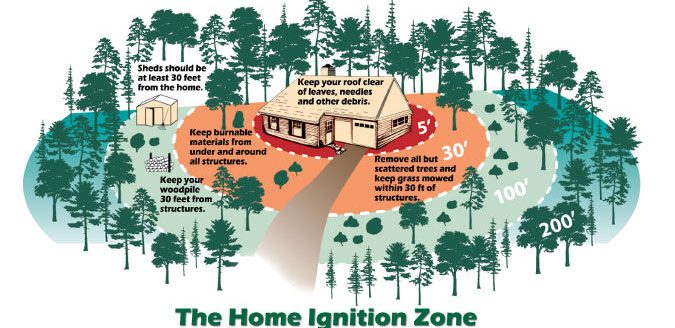Rachel Gabel, a book author, agricultural journalist and rancher from Wiggins, Colorado, said it didn’t take her long to write a book about Colorado agriculture, but it took her years to cultivate the stories she included in the piece.
Gabel’s book was featured during the Colorado Foundation for Agriculture celebration of National and Colorado Agriculture Days. CFA hosted a series of seven read-aloud sessions as part of the Colorado Literacy Program March 22 to 26.
She said her book, Still Good: The Faces of Family Agriculture, was written especially for the classrooms that listened in on the sessions. Gabel wanted to highlight the commodities unique to Colorado. She was able to pull from her years interviewing the state’s farmers and ranchers for The Fence Post, and show the uniqueness of each area.
“All of the folks that are in this book, that are mentioned are real Colorado farmers and ranchers and the illustrations are all based off of real pictures,” she said. “Both in an older like in grandpa’s era, and then in modern day ag. That’s kind of the gist of the book is that a little boy is learning a little bit about agriculture in his grandpa’s day, and also learning about what modern day ag is.”
Gabel normally writes about legislation and political issues, among other subjects at her position as a reporter and assistant editor at The Fence Post, and found this as an important outlet for her creativity.
“The stuff that I write during the week is about the cattle markets. Stuff that ranchers read,” she said. “So, this was kind of a fun way to look at it, that it wasn’t news but it was something that almost every farmer and rancher can relate to.”
Even if you’re not a farmer or rancher a person can relate to it as many have had a Rocky Ford cantaloupe or fresh watermelon, butter, milk, beef or lamb chops grown in Colorado.
“So many people are affected by agriculture,” she said. “This was a neat way to show how everything is related.”
During her session, Kate Greenberg, Colorado commissioner of agriculture, asked a classroom full of kids what their favorite food was. She anxiously listened to their answers prior to reading them a book about agriculture.
“What do you love to eat? For me, I love a lot of food, but I love ripe Palisade peaches in the late summer. I love apples. I love burgers. I love corn sweet corn,” she said. “How many of you love those things and other things?
The love of a variety of food is one of the things that got Greenberg into her work, along with her love for agriculture.
Greenberg and Gabel were two of seven volunteers who read to classrooms virtually during the sessions. Those reading volunteers included: Greenberg and Gabel; Lora Bledsoe, large animal veterinarian and rancher from Hugo, Colorado; Samantha Cunningham, Colorado State University animal science professor and rancher; rancher and state Sen. Jerry Sonnenberg from Sterling, Colorado; Marc and Jill Arnusch, farmers featured in the book from Keenesburg, Colorado; and Janie VanWinkle, Colorado Cattlemen’s Association president and rancher from Grand Junction, Colorado.
All participating classes received a free copy of the Still Good book, that is written by Gabel and illustrated by Liz Banman-Munsterteiger to keep. CFA also developed curriculum to go along with the book, which supports Colorado Academic Standards for reading, writing, and communicating and history. Sessions were recorded and shared on CFA’s YouTube channel.
This year’s book featured Colorado farming and ranching families. The publication of this book is a joint project between the Colorado Foundation for Agriculture and the Bessie Minor Swift Foundation on behalf of The Fence Post magazine. Additional funding for this program was been provided by the Colorado Farm Bureau Women’s Leadership Committee, Bank of Colorado, Colorado CattleWomen’s, Inc., and various individual donors.
In the book, a young boy finds his grandpa’s photo album that includes 1950s-era photos of a produce stand, a sheep ranch, the Denver Union Stock Yards, a farm with a milking Shorthorn cow, an aerial sprayer, and a tractor. He spends time listening to stories and then adds his own stories with modern day photos and information from various current farms and ranches across Colorado. Comparing and contrasting the two eras, the book’s main character notes changes but sees that agriculture is, in fact, still good.
The Colorado Literacy Project is a way to bring agriculture into the classroom while reinforcing reading comprehension. During the spring, farmers and ranchers across Colorado visit classrooms and read a book to the students. They answer questions and talk about their connection to agriculture. A different book is selected each year. This annual program reaches approximately 10,000 students and 400 teachers across Colorado per year.
For more information visit www.GrowingYourFuture.com.
Kylene Scott can be reached at 620-227-1804 or [email protected].
Sign up for HPJ Insights
Our weekly newsletter delivers the latest news straight to your inbox including breaking news, our exclusive columns and much more.



